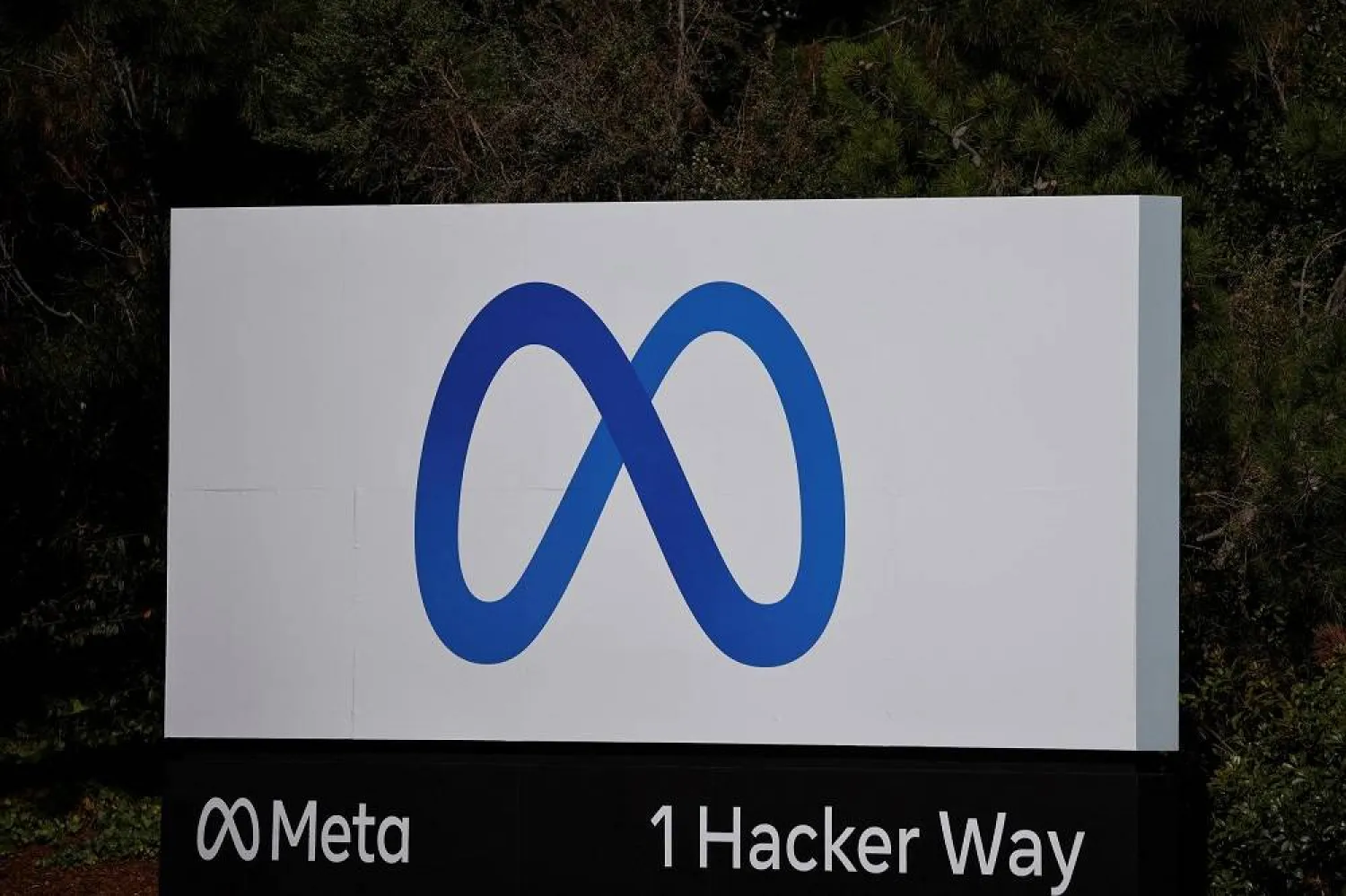A former Meta engineer on Tuesday accused the company of bias in its handling of content related to the war in Gaza, claiming in a lawsuit that Meta fired him for trying to help fix bugs causing the suppression of Palestinian Instagram posts.
Ferras Hamad, a Palestinian-American engineer who had been on Meta's machine learning team since 2021, sued the social media giant in a California state court for discrimination, wrongful termination and other wrongdoing over his February dismissal.
In the complaint, Hamad accused Meta of a pattern of bias against Palestinians, saying the company deleted internal employee communications that mentioned the deaths of their relatives in Gaza and conducted investigations into their use of the Palestinian flag emoji.
The company launched no such investigations for employees posting Israeli or Ukrainian flag emojis in similar contexts, according to the lawsuit.
Meta did not immediately respond to a Reuters request for comment on Hamad's allegations.
Hamad's claims reflect long-standing criticisms by human rights groups over Meta's performance moderating the content posted to its platforms about Israel and the Palestinian territories, including in an external investigation the company commissioned in 2021.
Conflict erupted in Gaza after Hamas fighters attacked inside Israel on Oct. 7, killing 1,200 people and taking over 250 people hostage according to Israeli tallies. Israel in response launched an offensive in Gaza that has killed more then 36,000 people, according to Gaza health officials, and triggered a humanitarian crisis.
Since the outbreak of war last year, the company has faced accusations that it was suppressing expressions of support for Palestinians living amid the war.
Nearly 200 Meta employees raised similar concerns in an open letter to Chief Executive Mark Zuckerberg and other leaders earlier this year.
Hamad said his firing appeared to stem from an incident in December involving an emergency procedure designed to troubleshoot severe problems with the company's platforms, known within Meta as a SEV or "site event".
He had noted procedural irregularities in the handling of an SEV related to restrictions on content posted by Palestinian Instagram personalities that prevented the posts from appearing in searches and feeds, the complaint said.
In one case, the complaint alleged, he found that a short video posted by Palestinian photojournalist Motaz Azaiza had been misclassified as pornographic even though it showed a destroyed building in Gaza.
Hamad said he received conflicting guidance from other employees about the status of the SEV and whether he was authorized to help resolve it, though he had worked on similarly sensitive SEVs before, including ones related to Israel, Gaza and Ukraine. His manager later confirmed in writing that the SEV was part of his job function, he said.
The next month, after a Meta representative told him he was the subject of an investigation, Hamad filed an internal discrimination complaint and days later was fired, he said.
Hamad said Meta told him he was fired for violating a policy barring employees from working on issues with accounts of people they know personally, referring to Azaiza, the photojournalist. Hamad said he had no personal connection to Azaiza.









